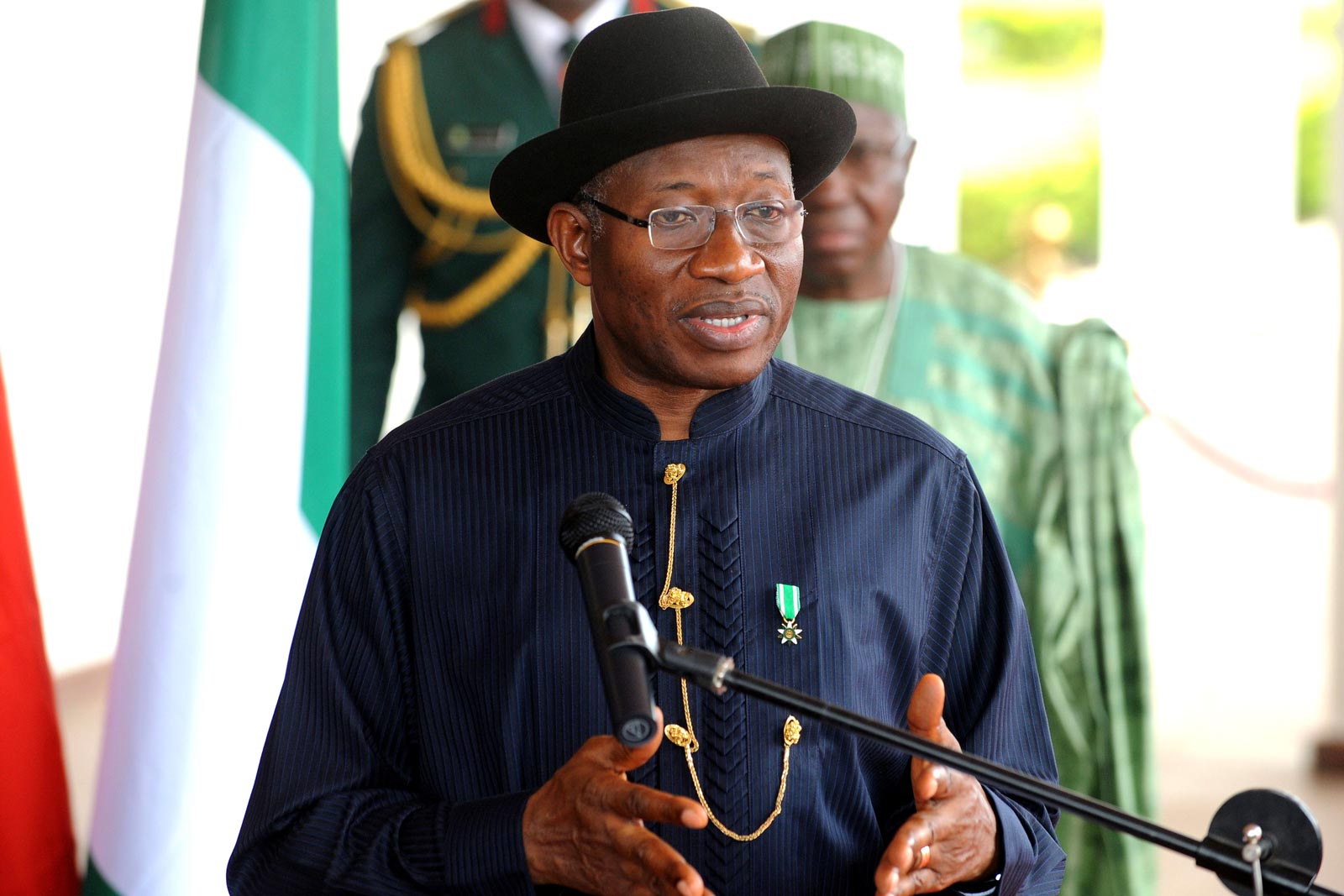Boko Haram reached a ceasefire agreement with the Nigerian government on Friday, October 18, 2014 after talks between the sect and the Federal Government in far away Saudi Arabia.
This deal was brokered by the intervention of the President of Chad, Idriss Deby Itno following two letters written to him by the terrorists between July and August 2014.
After receiving the letters, Deby passed the letters to security agencies for authentication before taking any step.
The agencies were said to have rechecked with global intelligence bodies who are familiar with the internal workings of the insurgents.
The President of Chad confirmed the letters were genuine and then set up a meeting with the Nigerian President, Goodluck Jonathan during the ICT conference in N’Djamena, the Chadian capital.
A closed door meeting was held between Deby and President Jonathan on September 9, 2014 where Deby told President Jonathan about the development.
President Jonathan welcomed the idea of dialogue as he has earlier stated that he was open to negotiation to whoever was willing to come forward.
As Deby got a positive response from the Nigerian President, he quickly set up an intelligence team to begin talks with the Islamic terrorist sect.
On the other hand, President Jonathan nominated his principal private secretary, Hassan Tukur, and a top security chief to represent Nigeria.
The negotiations held for several weeks in N’Djamena, reports say, as they met deadlocks over the sects demands of immunity for their members.
Boko Haram demanded that they should not be put on trial for their terrorism crimes which has left over 10, 000 dead since its inception in 2009.
A top government source said: “The first demand of the Nigerian government is that all the Chibok schoolgirls should be released.”
The insurgents agreed to release the abducted schoolgirls whom they held captive for 6 months. The release they say will be in batches as the girls had bee spread around in groups all over West Africa.
The militants demanded that their women and children, who were detained for channelling funds to militants, aiding suicide-bombing, transporting bomb materials and helping to recruit insurgents.
The source said: “The most difficult part of the negotiation was the way forward. They expressed fears that the government may not keep its own part of the bargain as soon as they release the girls. By releasing 70 girls first, they want to watch how the rest of the bargain goes.”
Satisfied with the assurances from the negotiating team, the militants promised to declare a ceasefire and demonstrate this by releasing the girls, whose plight has caught global attention.
The role of Déby is hardly surprising, as he himself is a former rebel leader and a well-decorated military officer.
He led an armed group to overthrow the government of President Hissène Habré in December 1990.
He is the head of the Patriotic Salvation Movement, which won elections in 1996 and 2001.
In 2006, term limits were removed for the president and he won again in 2006 and 2011.
He is a trained pilot and was commander-in-chief of the Chadian army in 1982 under President Habré.







